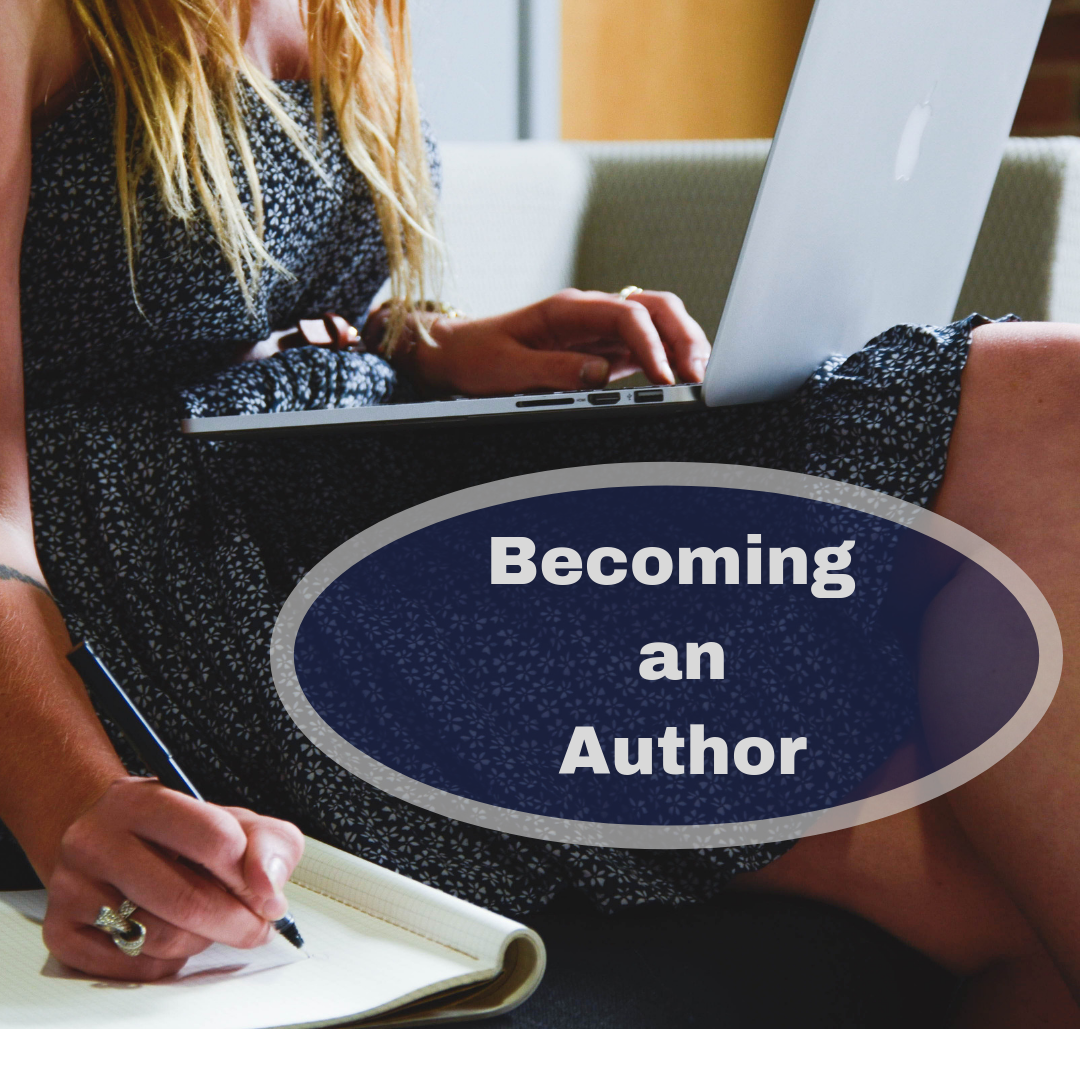So far in this series, I’ve shared with you techniques I’ve learned as an actress that has strengthened my writing. These techniques have helped me deepen characterization, tap into emotion, and break down scenes and plot. But did you know there’s even more we can learn from actors, apart from the craft?
Let’s take a look at what actors can teach us about our approach to the writing process.
On Approaching the Writing Process…
1. If actors want to experiment with a range of possibilities for delivering a certain line or scene, they might experiment with different moment-before scenarios. They will brainstorm a range of ideas as to where their character just came from and what happened to them previously. Doing this will result in unique and fresh responses, reactions, and ways of delivering the scene and their lines. As writers, we can try the same trick. Can you brainstorm new ideas of where your character comes from the moment before a scene takes place? Then allow the scene to unfold in response to each unique moment-before scenario, and take a look at how these moment-before scenarios affect the character and the dialogue, resulting in multiple possibilities of approaching the scene.
2. When an actor is assigned a role in a project, he must understand the overall tone and style of the film (or show). This may require speaking with the director, inquiring about his vision. Understanding the tone will then help the actor adhere to this in each of his scenes, resulting in an overall stylistically cohesive film. Let’s remember to do the same in our projects as well. Let’s ask ourselves, What is the tone of this book, and how will the scene I’m writing now emphasize that tone?
3. Method actors are constantly reminded that good acting is not equivalent to a good “performance” of their lines. In other words, actors should not memorize the inflection of the voice in delivering lines, the mechanics of performing; doing this actually results in unauthentic acting. This bad acting is often a result of an actor relying too heavily on the left side of their brain while they are delivering their lines. Unfortunately, I’ve noticed the same fault amongst writers as well. When we write—especially those firsts drafts—let’s not focus so much on the appearance of our art. The way that we string words together to result in a beautiful, flowery language. Oftentimes, this comes across as though the writer is trying too hard to “perform” and show off their writing abilities. Instead, if we hope to deliver an authentic story that touches our readers, we must remember that, when it comes to writing a good story, beautiful writing comes second. That can be embellished after we deliver the heart of the story. Because it’s this heart of the story that will connect with readers and stick with them.
4. Actors must avoid being “in their head” as they act. Thinking is an enemy to method acting. We often do the same when it comes to writing. The more writing techniques we learn, the more tempted we are to become paralyzed by these “writing rules.” But if we try so hard to avoid making a mistake as we write, we risk “being in our head” throughout the entire writing process. The acting coach, Warner Loughlin, suggests that actors “go for the emotional journey of the character, not the result.” I recommend we do the same. Let’s remain in the right side of our brain as we write, allowing our imagination to lead us through the story.
5. Even though a script may already assign lines for an actor to deliver, often a director will allow the actor to bring their own interpretation, reaction, and emotion—as long as it feels natural to who their character is in that moment. In writing, let’s give ourselves the freedom to improvise in our scenes as well, allowing our characters to come to life. Instead of being strictly tied to our plot/scene outlines, let’s grant these characters the freedom to act on their natural impulses and follow their instincts. Then we can see where these choices lead the scene and story.
Which of these tips do you struggle with the most? Let me know in the comments!

Tessa Emily Hall is an award-winning author who writes inspirational yet authentic books for teens to remind them they’re not alone. She writes both fiction and devotionals for teens, including her upcoming release, LOVE YOUR SELFIE (October 2020, Ellie Claire). Her latest devotional, COFFEE SHOP DEVOS, encourages teens to pursue a personal relationship with Christ. Tessa’s passion for shedding light on clean entertainment and media for teens led her to a career as a Literary Agent at Cyle Young Literary Elite, YA Acquisitions Editor for Illuminate YA (LPC Imprint), and Founder/Editor of PursueMagazine.net. She’s guilty of making way too many lattes and never finishing her to-read list. When her fingers aren’t flying 128 WPM across the keyboard, she can be found speaking to teens, decorating art journals, and acting in Christian films. Her favorite way to procrastinate is through connecting with readers on her blog, mailing list, social media (@tessaemilyhall), and website: tessaemilyhall.com.


 We love helping your growing in your writing career.
We love helping your growing in your writing career.

No Comments